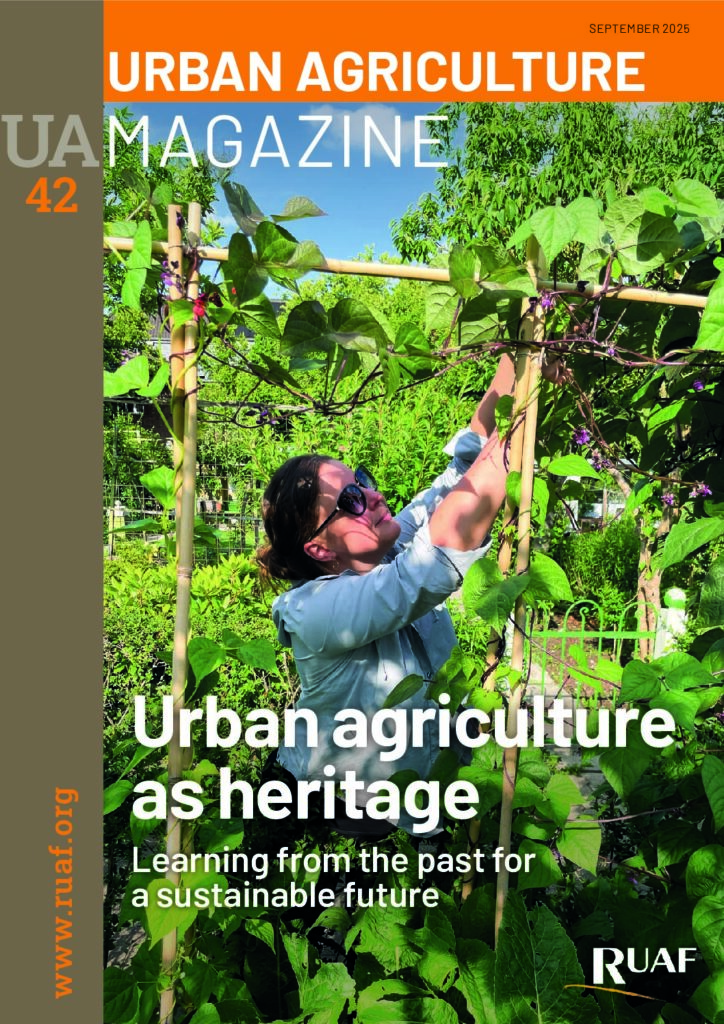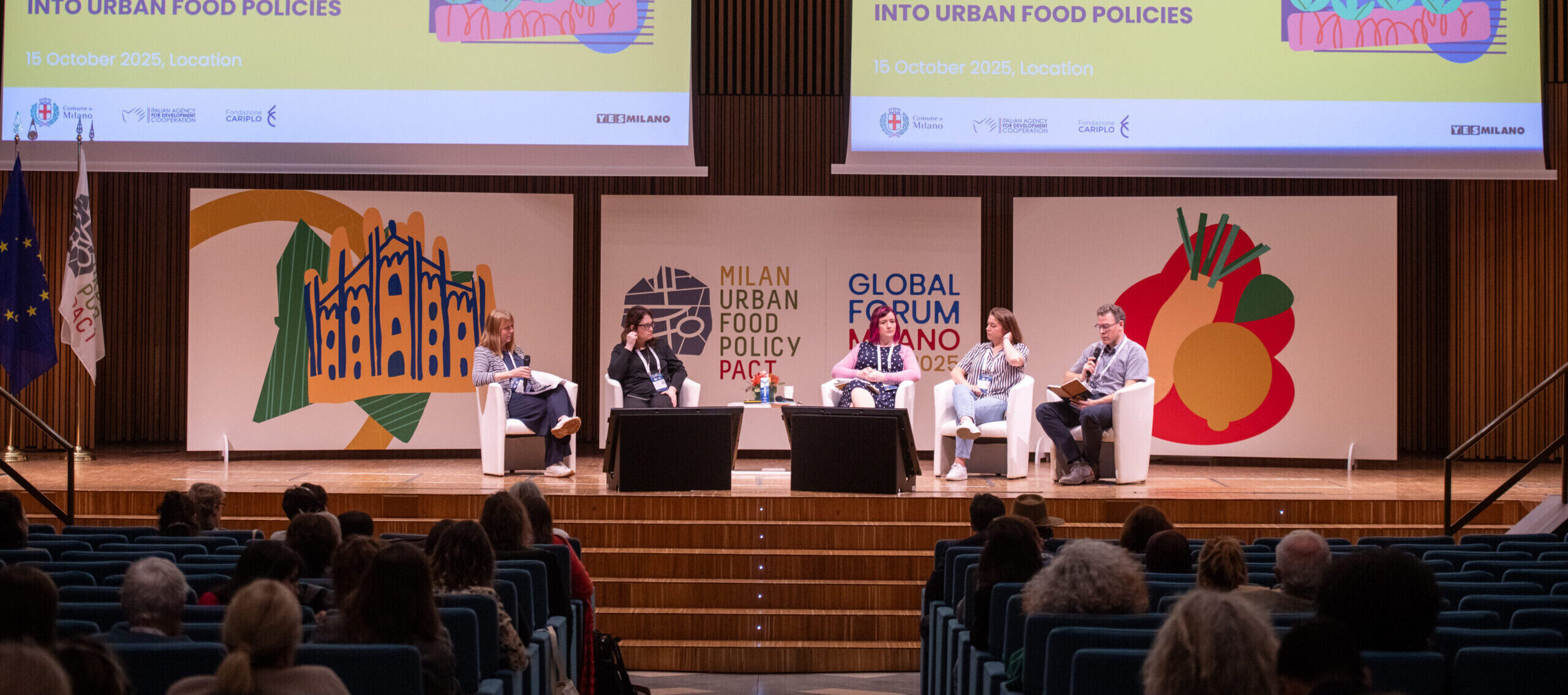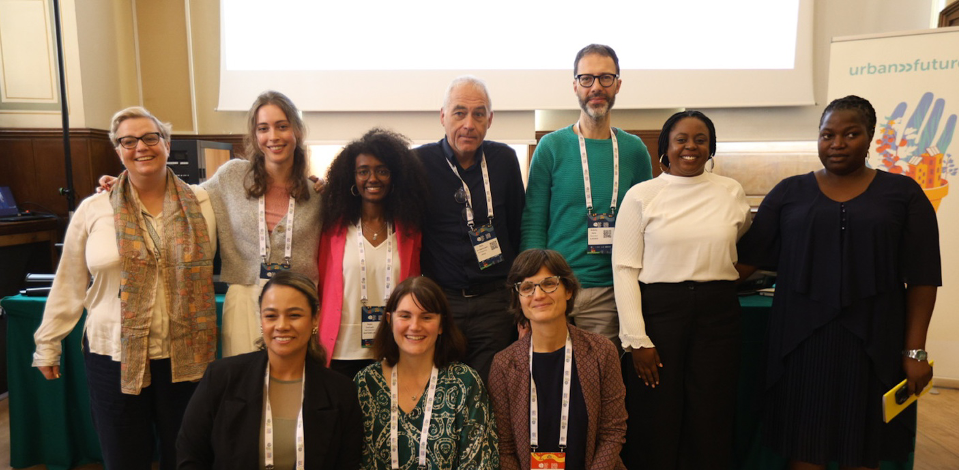By Alina Marktanner – principal investigator at the Chair for Modern History, RWTH Aachen University.
Botanical gardens worldwide are confronting their colonial pasts and exploring how to restitute plant heritage to benefit local communities. By reconnecting displaced plant knowledge with urban farming initiatives, botanical institutions can help revitalize traditional agricultural techniques proven effective since the pre-colonial era. This article examines how botanical gardens can transform from colonial knowledge extractors to partners in sustainable urban agriculture through practical, community-centred approaches to plant heritage restitution.
Botanical gardens emerged alongside European colonial expansion, functioning as critical nodes in imperial agricultural networks. Botanists and collectors, hired by these institutions, gathered plants from across the globe, catalogued them according to European scientific frameworks and tested their commercial viability. The knowledge gained through these activities directly supported the plantation economy – monocultural agricultural systems designed to extract maximum profit from colonized lands using standardized European methods. Meanwhile, indigenous agricultural knowledge was systematically marginalized, despite often being better adapted to local conditions.
Colonial agricultural legacies
The connection between botanical gardens and colonial agriculture is illustrated in the history of cocoa cultivation in West Africa. As historian Corey Ross shows, colonial agricultural departments persistently promoted European plantation techniques based on Caribbean models, despite African farmers developing highly efficient cocoa growing methods. Indigenous farmers integrated cocoa into traditional forest fallow systems, achieving higher yields with fewer inputs than European methods. Yet colonial officials dismissed these practices as primitive, imposing what Ross calls a “plantation paradigm” that reflected cultural assumptions about European superiority rather than agricultural effectiveness.
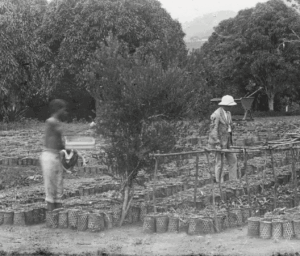
Botanical institutions became repositories of plants displaced from their origin communities, along with fragmented knowledge of their uses. Traditional polyculture techniques, which combined multiple crops in complementary relationships, were replaced by monocultures that required greater inputs and often degraded local ecosystems. The botanical gardens that catalogued this diversity simultaneously participated in dismantling the knowledge systems that had developed these plants over generations.
Today, traditional growing methods offer valuable solutions for urban agriculture challenges. Polyculture techniques optimize limited space in urban environments while enhancing soil health and pest resistance naturally. What is more, traditional companion planting approaches – once dismissed by colonial agronomists – can significantly reduce the need for chemical inputs while increasing overall productivity from small plots.
Practical restitution approaches
Restituting plant heritage means more than simply acknowledging historical wrongs. It involves actively returning plants and knowledge to communities of origin while supporting new applications in contemporary settings. Several botanical gardens have begun this process with promising results for urban agriculture.
In 2023, the German Association of Botanical Gardens (Verband Botanischer Gärten) published a position paper that examines botanical gardens’ colonial connections. The paper acknowledges how botanical gardens participated in colonial exploitation through the systematic exchange of plants between colonies and the promotion of plantation cultures worldwide. Besides, it advocates for establishing infrastructure at botanical gardens in the Global South and creating partnerships where indigenous names and knowledge systems are respected rather than erased or appropriated.
The Royal Botanical Gardens at Kew, too, has launched collaborative projects with global partners that connect historical botanical knowledge with contemporary needs. In Ethiopia, they investigate the potential for enset (the “false banana”) to address food security challenges. In Madagascar, they promote sustainable cultivation of wild yams for improved nutrition and livelihoods. These initiatives demonstrate how botanical knowledge, when properly recontextualized, can support resilient food systems.
The botanical garden in Zanzibar offers another instructive example. Originally established during the colonial era, the garden is being revitalized through a climate partnership with Potsdam’s botanical garden. Rather than imposing external models, botanist John Otieno Ndege is collecting seeds and cuttings from rare plants in remaining coastal forests to preserve indigenous biodiversity.
Significantly, this project prioritizes local needs and knowledge. Ndege emphasizes reconnecting Tanzanians with locally growing edible plants, noting that “the locals often do not know the edible plants native to the area and spend a lot of money at markets on imported fruits and vegetables”. By showcasing native plants like the Bungo vine, which produces a flavourful juice, the garden helps communities reduce dependence on imported foods while preserving botanical heritage.

Action steps for botanical gardens
Botanical gardens can take the following concrete actions to support urban agriculture through knowledge restitution:
- Establish direct collaborations with urban farming communities, particularly those with cultural connections to plants in collections.
- Develop community-managed seed libraries focused on culturally significant and locally adapted crop varieties, supporting food sovereignty in urban areas.
- Create knowledge exchange platforms where traditional agricultural techniques can be shared and adapted for urban contexts, with botanical experts and community practitioners as equal participants.
- Collaborate with educational institutions to integrate traditional growing methods into urban farming training programmes, emphasizing both techniques and their cultural contexts.
- Complement digital catalogue efforts with physical access and participatory programmes that allow communities to directly engage with plant collections.
Challenges and opportunities
Beware: The path toward meaningful decolonization does not come without significant obstacles. Kew Gardens’ experience demonstrates that institutional change can provoke backlash, with conservative critics dismissing the efforts as “woke” or threatening to withhold funding. Despite publishing a 10-year manifesto for change, developments at Kew have been slow, with the institution modifying its language from “decolonize” to “re-examine collections” under pressure.
Nevertheless, the potential benefits of decolonizing plant heritage for urban agriculture remain substantial. Traditional agricultural techniques offer proven solutions to contemporary challenges of limited space, soil health and climate resilience. By reconnecting these knowledge systems with the communities that can benefit from them, botanical gardens can help create more productive, culturally appropriate urban food systems.
For urban agriculture practitioners, botanical gardens represent untapped resources of knowledge about climate-appropriate plants and growing methods developed over centuries. As climate change disrupts conventional growing patterns, traditional techniques preserved in botanical collections offer tested strategies for resilience. By transforming from colonial institutions to collaborative partners, botanical gardens can fulfil their potential not only as preservers of biodiversity but as active contributors to sustainable urban futures.
Although the process of decolonization may be neither simple nor linear, the intersection of botanical heritage and urban agriculture offers a promising path forward. When botanical knowledge flows back to communities in ways that respect their agency and priorities, both historical tensions and contemporary challenges can be addressed simultaneously. Ultimately, the future of urban food systems can benefit from our ability to reclaim and recontextualize the plant heritage that botanical gardens have preserved, even as they participated in disrupting the knowledge systems that created it.
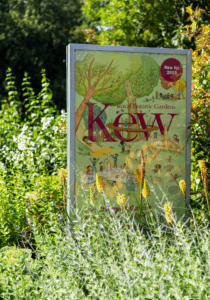
Download the full issue of Urban Agriculture Magazine 42 below to learn more about urban agriculture as heritage.
